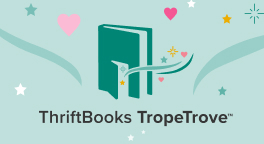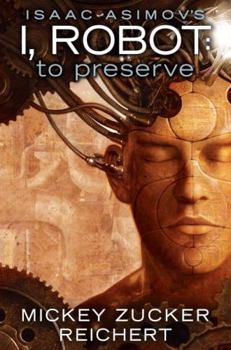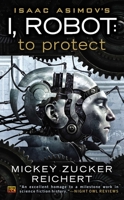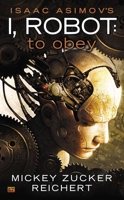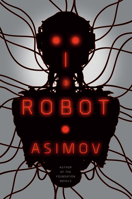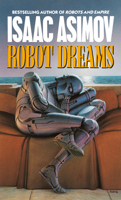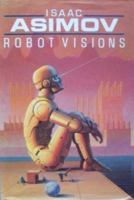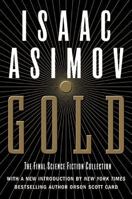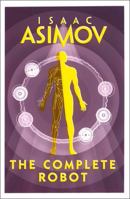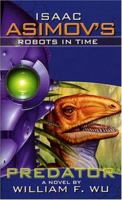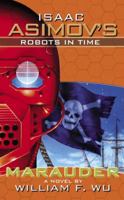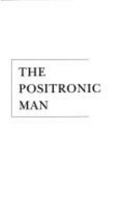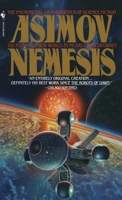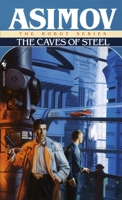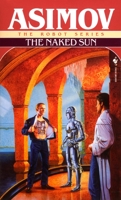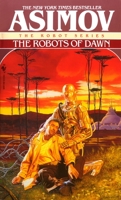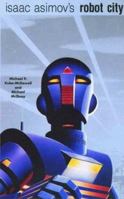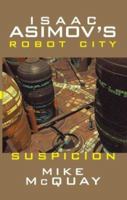Isaac Asimov's I, Robot: To Preserve
(Part of the Greater Foundation Universe (#0.3) Series and I, Robot (Reichert) (#3) Series)
Select Format
Select Condition 
Book Overview
Inspired by Science Fiction Grand Master Isaac Asimov's I, Robot stories. 2037: Robotic technology has evolved into the realm of self-aware, sentient mechanical entities. But despite the safeguards programmed into the very core of a robot's artificial intelligence, humanity's most brilliant creation can still fall prey to those who believe the Three Laws of Robotics were made to be broken... N8-C, better known as Nate, has been Manhattan Hasbro Hospital's resident robot for more than twenty years. A prototype, humanoid in appearance, he was created to interact with people. While some staff accepted working alongside an anthropomorphic robot, Nate's very existence terrified most people, leaving the robot utilized for menial tasks and generally ignored. Until one of the hospital's physicians is found brutally murdered with Nate standing over the corpse, a blood-smeared utility bar clutched in his hand. As designer and programmer of Nate's positronic brain, Lawrence Robertson is responsible for his creation's actions and arrested for the crime. Susan Calvin knows the Three Laws of Robotics make it impossible for Nate to harm a human being. But to prove both Nate's and Lawrence's innocence, she has to consider the possibility that someone somehow manipulated the laws to commit murder...
Format:Hardcover
Language:English
ISBN:0451242300
ISBN13:9780451242303
Release Date:February 2016
Publisher:Ace Books
Length:368 Pages
Weight:1.30 lbs.
Dimensions:1.3" x 6.1" x 9.1"
Age Range:18 years and up
Grade Range:Postsecondary and higher
Customer Reviews
7 customer ratings | 5 reviews
There are currently no reviews. Be the first to review this work.






